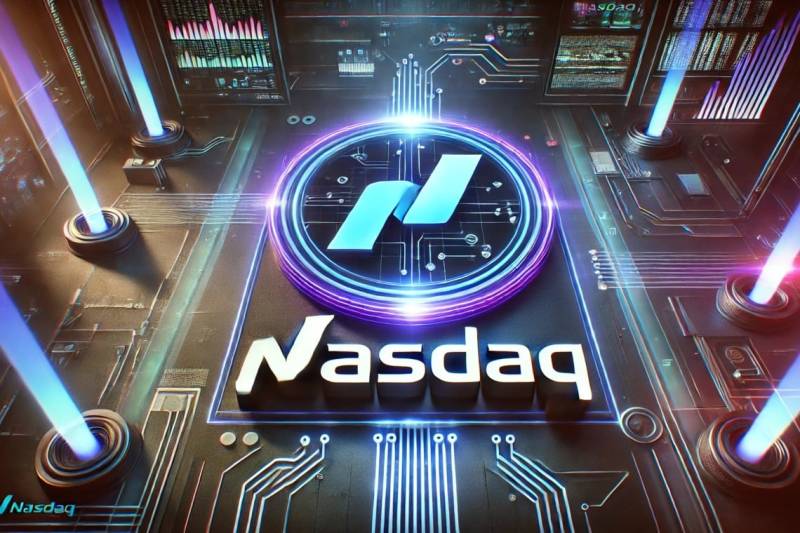Network operator Movistar, owned by Telefónica, is working with Nova Labs to integrate the US firm's decentralised blockchain-based Helium Network into its national cellular 4G/5G service in Mexico.

Network operator Movistar, owned by Telefónica, is integrating the Helium Network, a decentralized blockchain-based network, into its national cellular 4G/5G service in Mexico.
A statement said 2.3 million Movistar subscribers will “soon” get access to the Helium Network, which rewards individuals and organisations to deploy and manage their own LoRaWAN and 5G gateways, as part of a decentralised sensor- and broadband-comms network.
Movistar and Helium have been testing the concept with Movistar customers since last year. For Movistar, the idea to integrate community-owned infrastructure into its cellular network is to extend coverage in certain areas and to offload data traffic along the way. They have “jointly designed” the setup to allow subscribers to migrate between the two networks. The initial phase of the project will see the Movistar network expanded effectively to over 300 Helium Network “sites” (gateways).
The Helium Network was originally based purely on non-cellular LoRaWAN technology for IoT sensor comms; it has since morphed into a community managed cellular extender network, as well. Its concept is to reward individuals and businesses to deploy gateways (‘Helium Mobile Hotspots’) and field local data traffic with HNT (Helium Network Token) cryptocurrency tokens; so-called IOT and MOBILE tokens are also used for LoRaWAN and 5G networks, respectively.
It uses the Solana blockchain as its foundation, and a proof-of-coverage (‘PoC’) consensus algorithm in subnetworks to calculate remunerations. Its 2024 tests with Movistar in Mexico took place in Mexico City and Oaxaca. Movistar subscribers apparently offloaded an average of 390MB of data to the Helium Network per day during the trials, said Nova Labs – equivalent to about an hour of connection time, or “five hours of social media browsing or sending 3,900 emails”.
The deal will reduce the cost of network densification for Movistar, in theory, by passing gateway costs to private Helium Network operators. Helium “mobile hotspots” will be available in Movistar retail stores and web shops. Movistar will resell Helium Network coverage to local mobile virtual network operators (MVNOs). It said the solution is “ready for integration with other operators who wish to implement decentralized telecoms networks based on Helium’s blockchain technology”.
Disclaimer:info@kdj.com
The information provided is not trading advice. kdj.com does not assume any responsibility for any investments made based on the information provided in this article. Cryptocurrencies are highly volatile and it is highly recommended that you invest with caution after thorough research!
If you believe that the content used on this website infringes your copyright, please contact us immediately (info@kdj.com) and we will delete it promptly.















































































